Today’s readings
Rend your hearts, not your garments,
and return to the LORD, your God.
Today we begin something really important. And I don’t mean just the smudging of our foreheads with the ashes of burnt palms. That’s just an outward sign. What I mean is the inward activity those ashes represent, what our collect prayer today calls “this campaign of Christian service.” This time of Lent is so important to us because it calls us to newness in our relationship with God, that relationship that brings us to the eternal reward for which we were created. That’s why we call it “Lent.” Lent means “springtime,” a time of rebirth and renewal and new creation.
We have come here today for all sorts of reasons. But the most important reason we come to Church on this, the first day of Lent, is for what we celebrate on the day after Lent: the resurrection of the Lord on Easter Sunday. Through the Cross and Resurrection, Jesus has won for us salvation, and we have been blessed to be beneficiaries of that great gift. All of our Lenten observance, then, is a preparation for the joy of Easter.
Lent calls us to repent, to break our ties with the sinfulness and the entanglements that are keeping us tethered to the world instead of free to live with our God and receive his gift of salvation. Traditionally, our Church offers us three ways to do that: fasting, prayer and almsgiving. Giving things up, spending more time in prayer and devotion, dedicating ourselves to works of charity, all of these help us to deeply experience the love of Christ as we enter into deeper relationship with him. That is Lent, and the time to begin it, as we are told, is now: Now is the acceptable time! Now is the day of salvation!
Today, you can take our Lenten handout with you as you leave Mass. It has information about all of the spiritual events that are taking place here at Saint Mary’s during Lent, including our parish Mission with Father Ed O’Shea, a program for men on Saturday mornings led by our Fishers of Men group, and online mission allowing us to Encounter Jesus in the Holy Eucharist, and a Bible Study called “Witness at the Cross” which will prepare us for Good Friday. There is also a list of events for our parish Year of the Eucharist. I invite you to take one, look it over, sign up for what jumps out at you, and save the handout for future reference. I’m pleased that we have an array of spiritual offerings to help all of us make the most out of Lent.
The handout also lists our Holy Week, Easter, and Divine Mercy Sunday schedule, and lists times for confessions during Lent. It’s important to make a good confession some time during Lent, taking that step of repentance which is the first step toward newness, re-creation, and springtime in our lives.
Today’s ashes are just the beginning of our “campaign of Christian service.” Ashes have traditionally been a symbol of an interior disposition. In scripture, you’ll hear of people sprinkling ashes on their person as they ask pardon for their sins. Then they fasted and prayed for renewal, and changed their lives. That’s what the repentance of Lent is all about: literally turning around and going in a new direction. Getting back on the path and following our Lord who calls us to take up our crosses and follow him. So ashes can’t be the last time you’re here in church, it can’t be the only discipline of Lent. It’s the beginning, and certainly a good one.
Finally, a word about receiving ashes today. You’ll recall that last year, due to the pandemic, the Vatican directed that instead of etching a cross on foreheads, we return to the more ancient practice of sprinkling ashes on the top of a person’s head. This is reminiscent of the practice I mentioned a minute ago, in which people sprinkled themselves with ashes as a sign of repentance. This year, you have both options. If you come forward with your head bowed, we will sprinkle ashes on your head. If you don’t, we will trace a cross on your forehead. Either is fine.
So here we go. Our Lenten fasting, almsgiving, and prayer begin today with the sprinkling of ashes. It’s a wonderful gift to have this opportunity to make our relationships with God and others right. It’s a great time to get out of our own heads and show our love for others as God has loved us. And none of this, as the Gospel reminds us today, is to be done begrudgingly or half-heartedly. None of it is to be done with the express purpose of letting the world see how great we are. It is always to be done with great humility, but also with great joy. Our acts of fasting, prayer, and charity should be a celebration of who God is in our lives, and a beautiful effort to strengthen our relationship with him.
It is my prayer that this Lent can be a forty-day retreat that will bring us all closer to God. May we all hear the voice of the prophet Joel from today’s first reading: “Even now, says the Lord, return to me with your whole heart!”
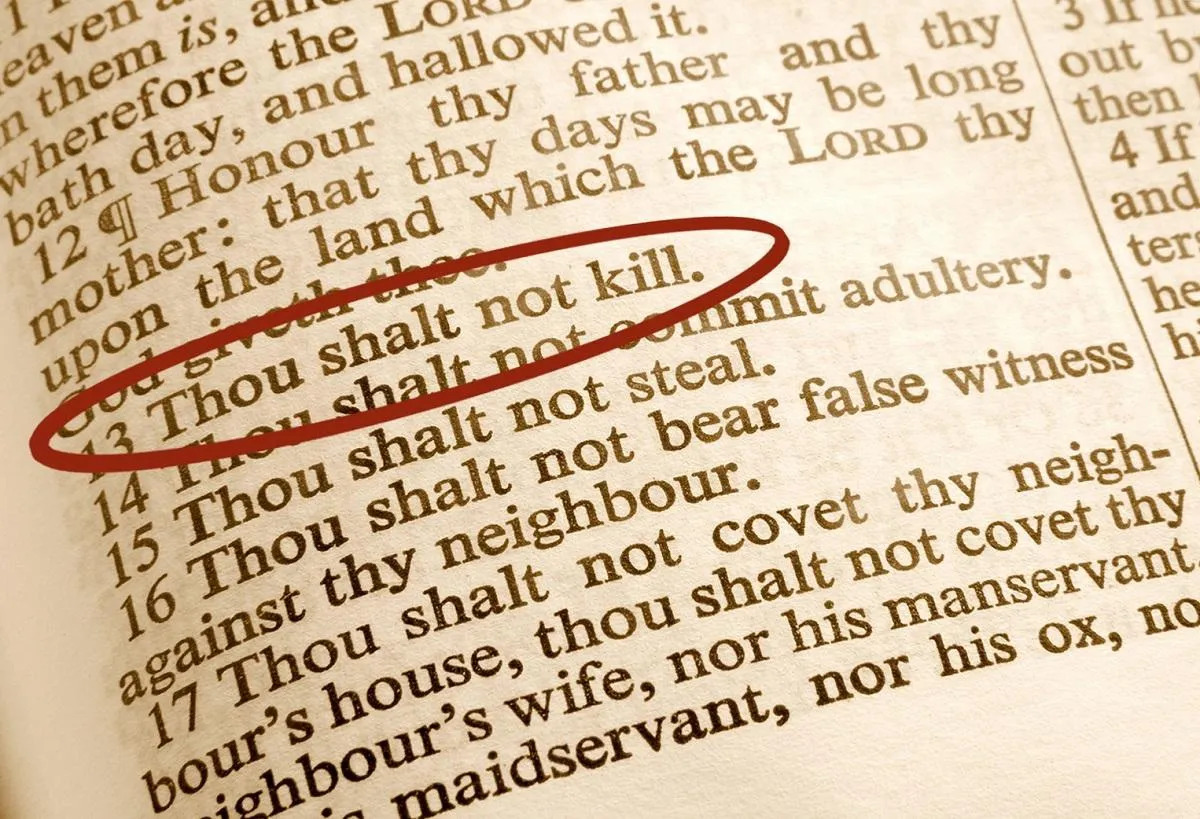
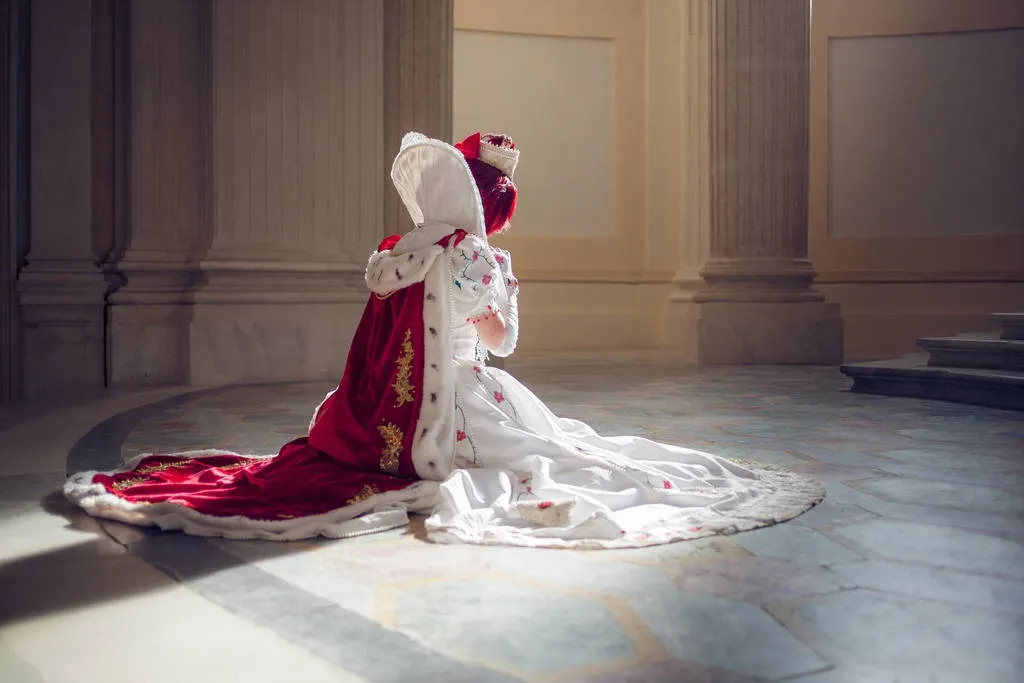
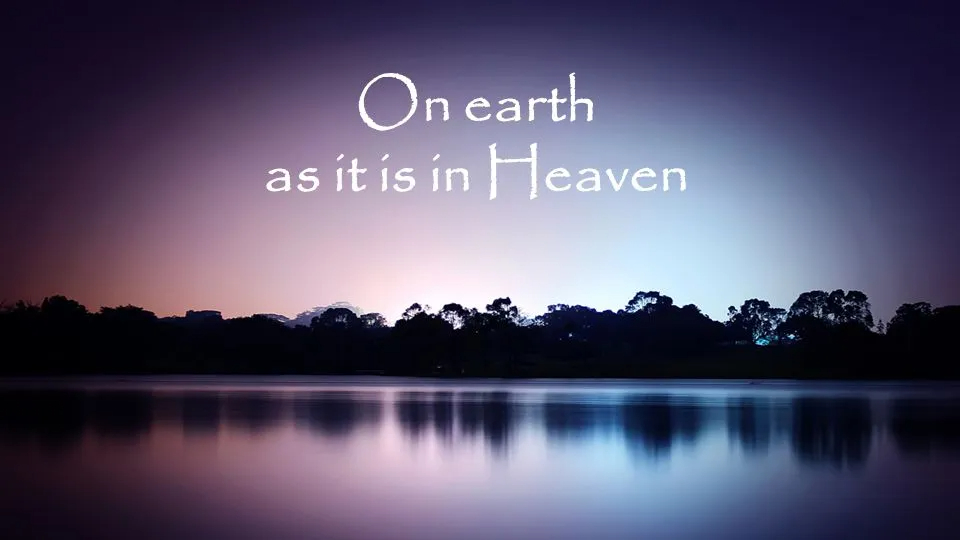

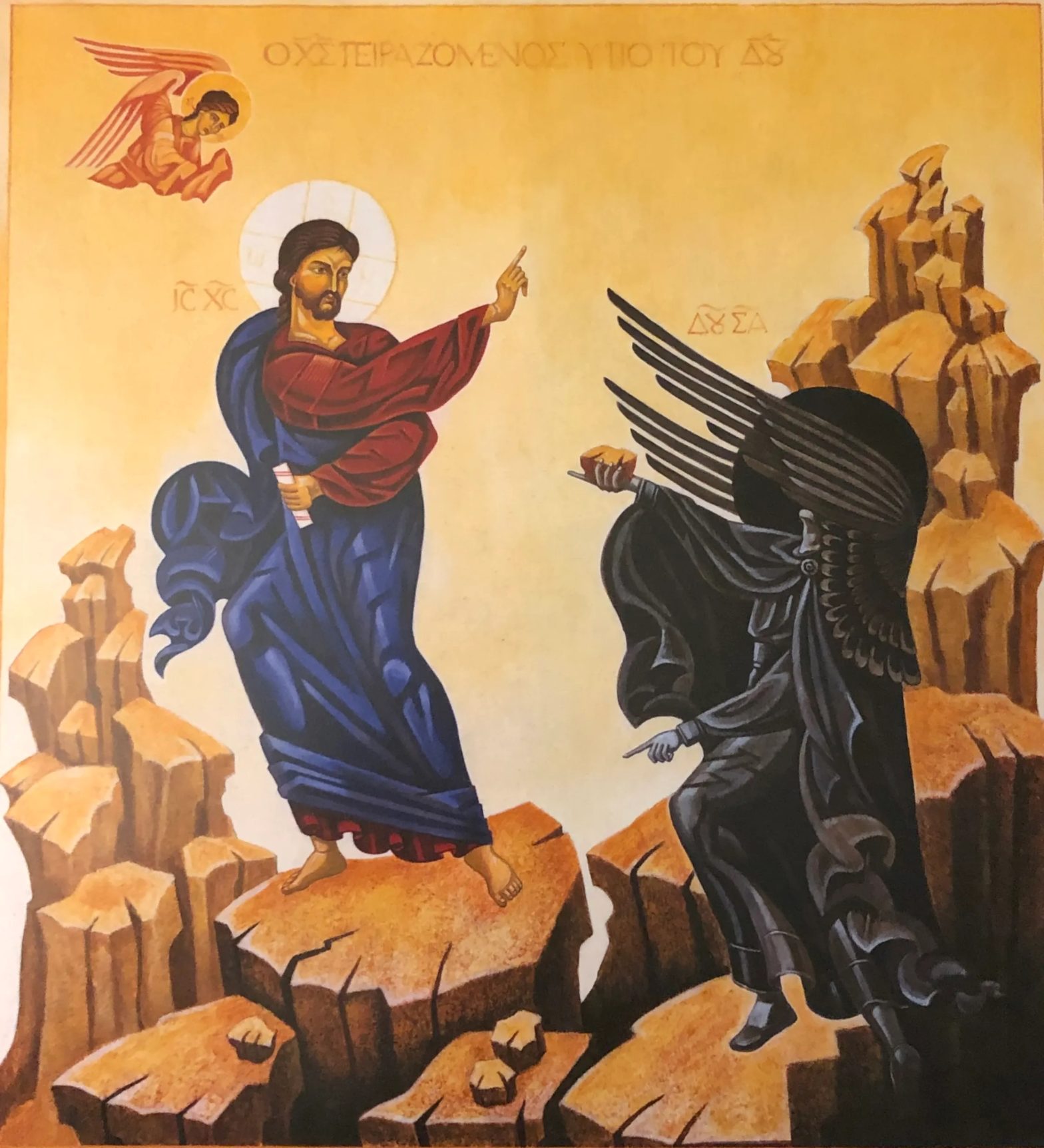
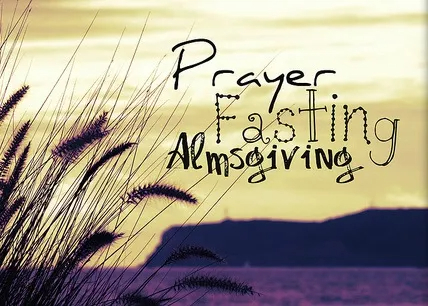

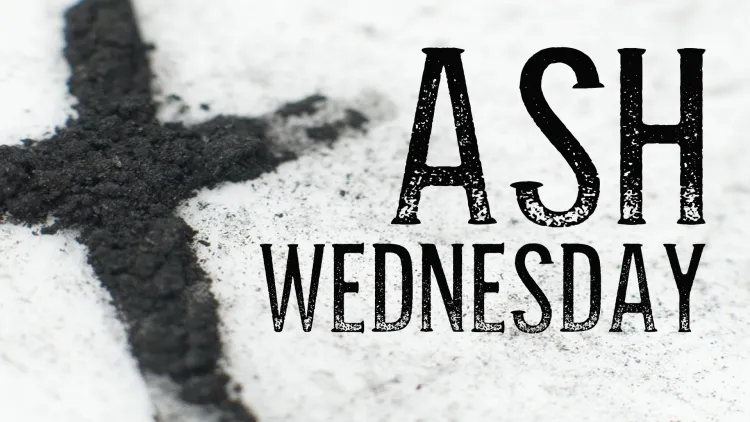
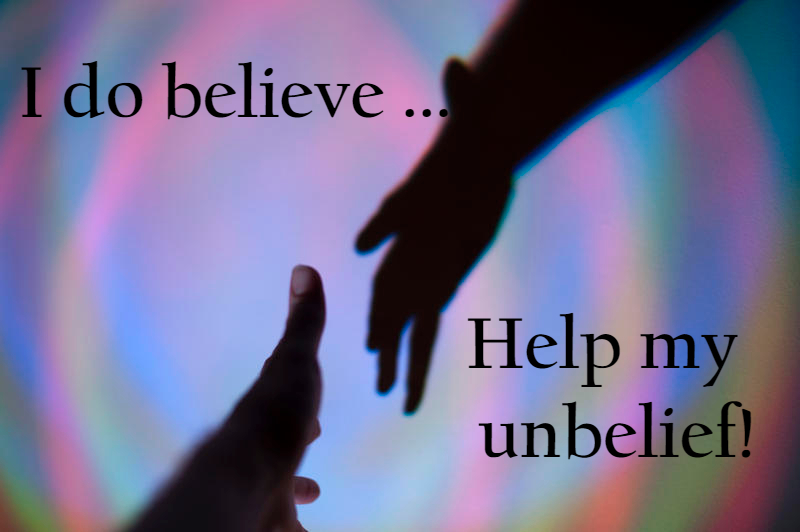

You must be logged in to post a comment.